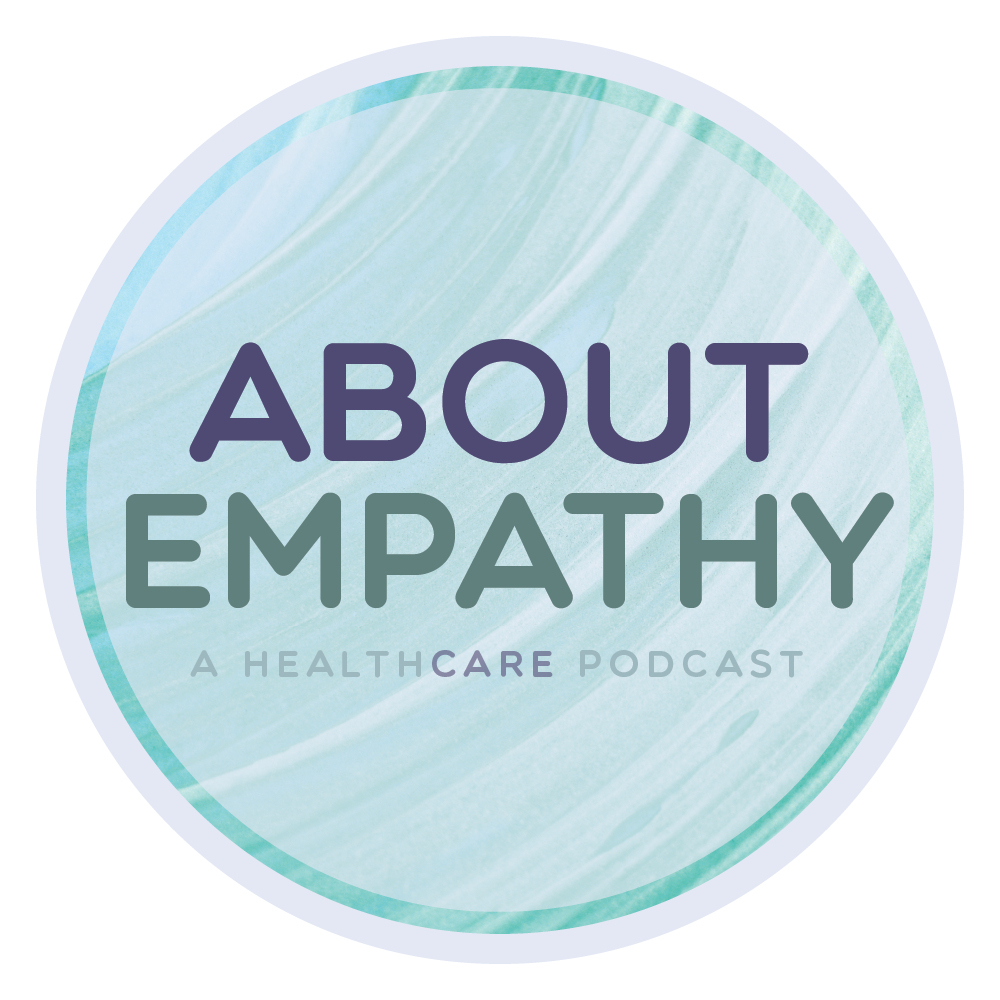Emotional or existential distress is not as easily noticed in patients with serious illness. Dr. Jennifer Moore is a palliative medicine consultant, specializing in dignity therapy. Claire Suarez is a physician’s assistant working in in-patient oncology and is trained in meaning centered therapy.
Irene, Dori and Giovanna reference Harvey Chochinov’s work in dignity therapy and how it uses questions to help discover meaning in patients lives. Asking:
“What has meaning for you?”
“What is the most meaningful for you?”
“What had meaning before your illness?”
“How has that changed?”
“How has that impacted you?”
“What keeps you going?”
LInk to Dignity Therapy: http://www.dignityincare.ca/en/toolkit.html
It is discussed how imparting meaning is not helpful for the patient but we can ask questions and actively listen. This exploration needs to be a journey of self-awareness. Patients can feel stuck in a situation, and showing kindness can help their experience. Patients may shy away from talking about meaning, but it can be helpful to explore. It doesn’t need to be an hour-long conversation; it can be many short conversations.
The hosts end the season by talking about how the psychological condition can impact physical condition so treating patient, as a whole is important. Helping treat the priority of conditions directed by the patient can establish a therapeutic relationship of trust. Ask questions that go beyond the physical state.


